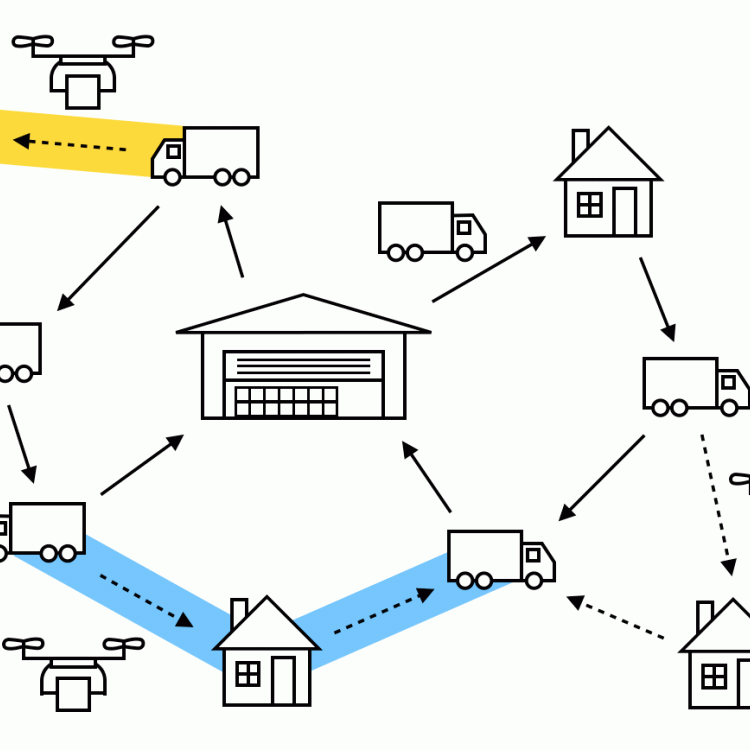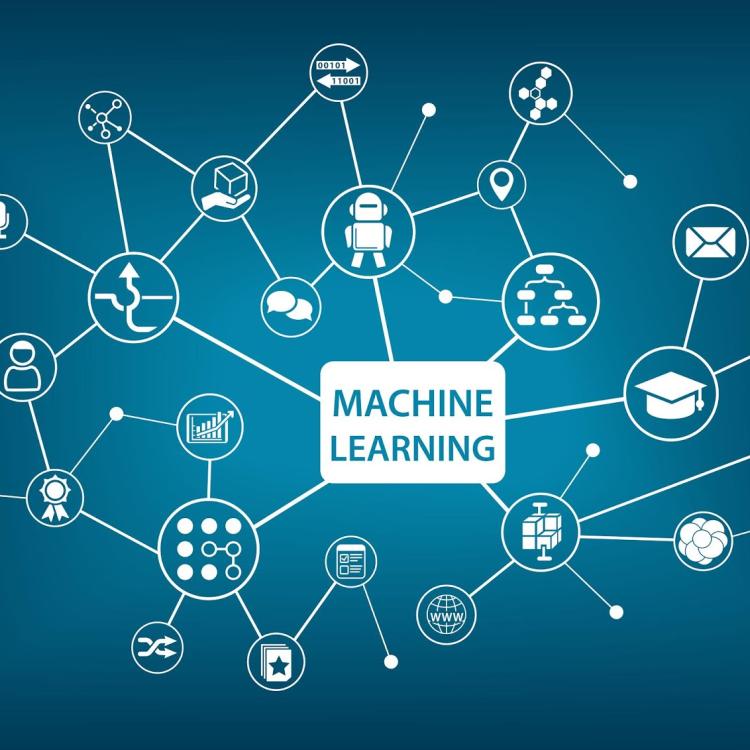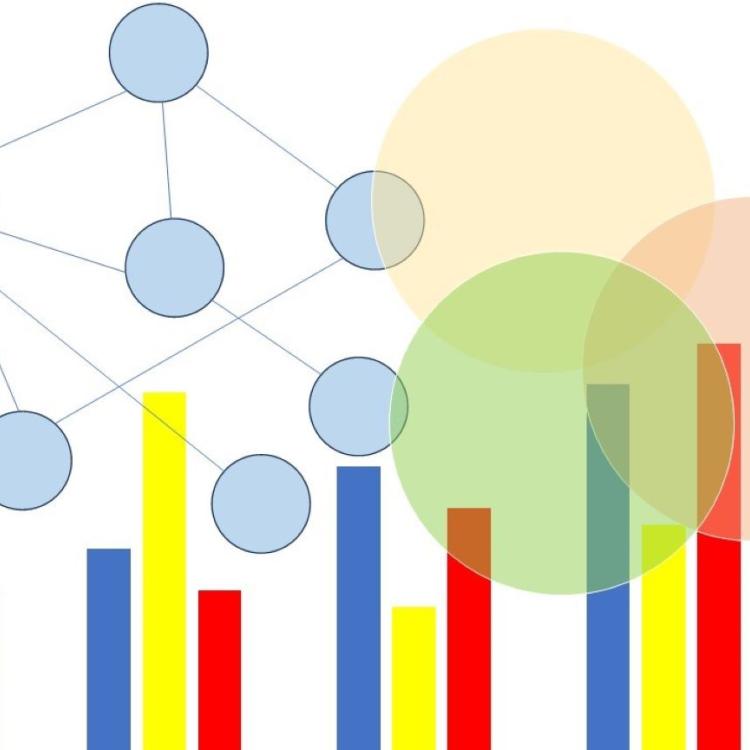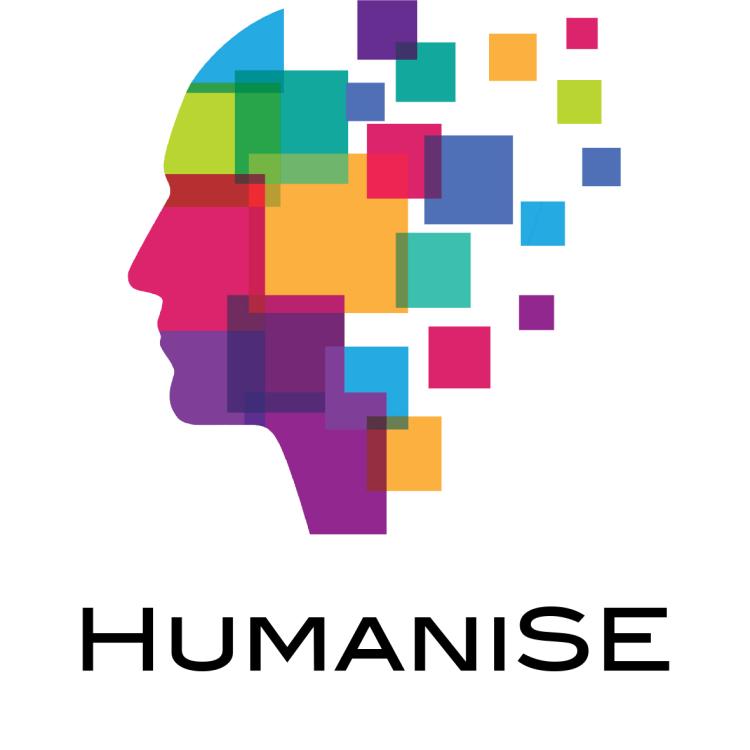Transport and logistics businesses today use a large fleet of trucks and vans to deliver packages widely across a city. Deciding which package should be loaded on to which vehicle and deciding which package should be prioritised are surprisingly difficult computational tasks. State-of-the-art high-performance algorithms are used to calculate routes for the vehicles in order to minimise costs and maximise efficiency.
Research projects in Information Technology
Displaying 21 - 30 of 186 projects.
Recordkeeping for Empowerment of Marginalised Communities in Australia
This PhD project will explore how individuals in a marginalised community in Australia access, create, and manage information and their preferences for oral, written or digital tools to preserve information for the medium to long-term. The emphasis of the project will be to support and strengthen community-based initiatives and to investigate the factors that influence the choice of tools by different groups and the longevity and sustainability of recordkeeping practices.
LLM models for learning and retrieving software knowledge
The primary objective of this project is to enhance Large Language Models (LLMs) by incorporating software knowledge documentation. Our approach involves utilizing existing LLMs and refining them using data extracted from software repositories. This fine-tuning process aims to enable the models to provide answers to queries related to software development tasks.
Information Visualisation: the design space of experimental methodologies
Empirical studies in Information Visualisation research have become more commonplace in the past two to three decades. While formerly the research focus was primarily on utilising the power of novel technologies for presenting data and information in innovative ways, perspectives have changed over time so that evaluating the worth of visualisations (for user, for task, for context) is now considered a crucial stage of the research process.
Measures of Simplicity in Optimisation-based Machine Learning
The notion of simplicity can occur in many contexts. Sometimes simplicity can be explicitly sought so that the number of variables to be considered is manageable, and sometimes simplicity can arise as a consequence of other desiderata. In the context of machine learning, many approaches propose to learn simple models since judicious simplicity can lead to good predictions [3,1]. These approaches can be used to learn simple models (e.g., decision trees [6], decision graphs [4, 5], etc.) or improve more complex models (e.g., neural networks [2]).
[Malaysia] AI meets Cybersecurity
AI is now trending, and impacting diverse application domains beyond IT, from education (chatGPT) to natural sciences (protein analysis) to social media.
This PhD research focuses on the fusing AI research and cybersecurity research, notably one current direction is on advancing the latest generative AI models for cybersecurity, or vice versa: using cybersecurity to attack AI.
Machine learning based kinetic modeling on the thermal decomposition of plastic waste via pyrolysis
This project aims to develop a machine learning based kinetic model for an accurate prediction on the product yield and quality from the pyrolysis of plastic waste. The primary outcome of the Project is the development of a robust model that is effective in simulating the entire pyrolysis process at a relatively low computing cost, whereas its results will be sufficiently accurate to predict the composition and yields of the products.
[Malaysia] - Integration of heterogeneous biomedical data for robust and interpretable prediction
Many machine learning (ML) approaches have been applied to biomedical data but without substantial applications due to the poor interpretability of models. Although ML approaches have shown promising results in building prediction models, they are typically data-centric, lack context, and work best for specific feature types. Interpretability is the ability of an ML model to identify the causal relationships among variables.
Personal Future Health Prediction
This is one of our CSIRO Next Generation AI graduate programme PhD projects with Future Wellness Group:
https://www.monash.edu/it/ssc/raise/projects/personal-future-health-prediction
Note: *** Must be Domestic Student i.e. Australian or New Zealand Citizen or Australian Permanent Resident *** for RAISE programme
Project Description





